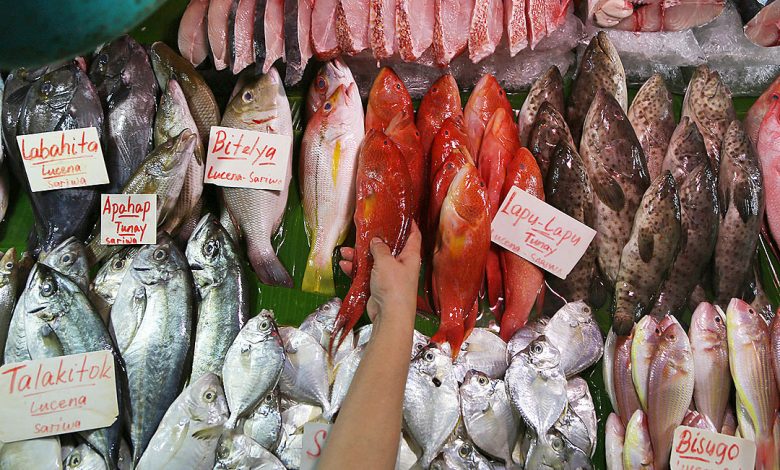Election spending not a concern for prices — BSP

By Luz Wendy T. Noble, Reporter
PHILIPPINE ELECTIONS next year are unlikely to cause consumer prices to spiral out of control because the economy remains below its full capacity, according to the central bank.
“It will not be significant enough to affect the path of inflation, which we see going back to within the target range in 2022,” Bangko Sentral ng Pilipinas (BSP) Deputy Governor Francisco G. Dakila, Jr. told a news briefing on Boracay Island in central Philippines on Thursday.
“Demand conditions continue to be muted so any additional spending will come at a time when we are still operating below full capacity,” he added.
The Monetary Board on Thursday cut its inflation forecast for this year to 4.3% from 4.4%, though this is still above the BSP’s 2-4% target. Estimates for 2022 and 2023 were kept at 3.3% and 3.2%.
At the same meeting, the Monetary Board kept the key policy rates untouched at their record lows. Central bank Governor Benjamin E. Diokno said they need to keep supporting an economic recovery that has gained traction.
Election spending helps boost growth because it fuels consumption, but could cause faster inflation, Asian Institute of Management economist John Paulo R. Rivera said.
“While election spending accelerates the multiplier effects of consumption on economic growth, it also reinforces the pressure on inflation given the combined effects of holiday spending and premature campaigning,” he said in a Viber message.
Election-related spending contributed about 1% to economic output in past presidential elections, said Michael L. Ricafort, chief economist at Rizal Commercial Banking Corp.
But the 2022 elections might be different amid restrictions related to a global coronavirus pandemic, he said in a Viber message.
“Election-related spending for 2022 could be reduced compared to previous elections amid greater focus on social media and some restrictions on person-to-person campaigning,” he said. “Campaign contributions from donors could also be reduced amid cost-cutting during the pandemic.”
Mr. Dakila said political developments are not a “significant consideration” in formulating monetary policy. “We have always been emphasizing that the decision of the board is guided by the inflation outlook.”
Inflation continued to exceed the target at 4.6% in October, though slower than 4.9% in September mainly due to a slower increase in food prices. Inflation averaged 4.5% for the 10 to October.
Mr. Dakila had said inflation might return to levels within the BSP target as early as this month. The central bank is set to review policy rates on Dec. 16.




